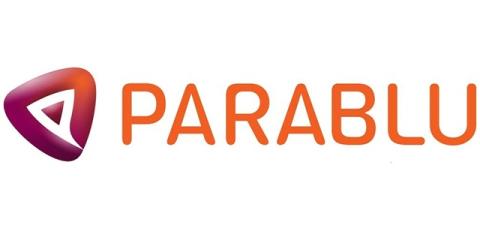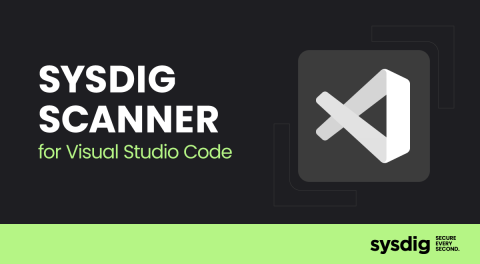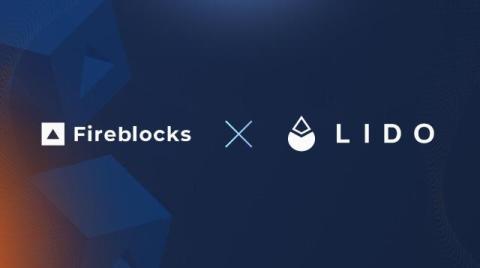6 Key Principles of AI and Data Protection: How the AI Act Safeguards Your Data
Artificial Intelligence (AI) plays a critical role in modern data handling. AI processes vast amounts of data, from personal information to business analytics, at unprecedented speeds. This raises serious concerns about AI and data protection. With AI’s growing capabilities, ensuring the security of personal data is essential. The AI Act aims to regulate AI systems, focusing on responsible data usage. It introduces rules that safeguard user data, complementing existing regulations like GDPR.











